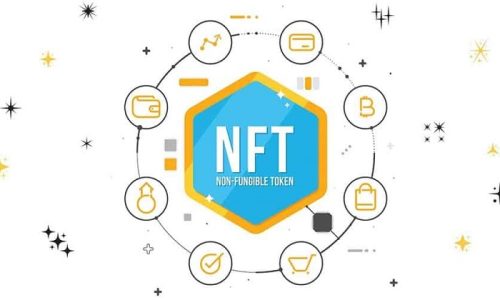
Investing means putting money into work to generate positive returns. It includes profits that exceed the amount of the initial investment. It is the act of allocating resources with the expectation of generating income or profit.
A person can invest in many types of endeavors (directly or indirectly) to start a business, or in assets in hopes of generating rental income or reselling it later at a higher price.
Getting emotional is an essential part of what makes us human. However, emotions can be tricky when it comes to investing. Investment decisions are a quantitative exercise. Investors unknowingly allow their feelings to play a role while deciding their investment choices. A simple way for investors to deal with emotions and biases is to stagger the buy and sell decisions to ensure better outcomes over time. Organizations like Delta provide a portfolio tracker to help you understand and track your journey.
www.delta.app/ is an ideal combination of stock price tracker, portfolio tracker, crypto tracker, index tracker, and mutual funds tracker in one beautiful and intuitive app. A benchmark such as the S&P 500 index can be established. And the app will provide Smart Weighting recommendations.
Ways to avoid making investment decisions based on emotions
Make smaller/fewer decisions
It is the most straightforward hack for controlling feelings while investing. To keep their asset allocation in check, investors must rebalance it once or twice a year. And riding out any downturns is necessary while relying on the market’s long-term growth to build wealth.
This passive investment style helps investors not make a lot of new decisions. Committing to minimal and more incremental changes in their portfolio keeps them grounded. It encourages the mindset that investing successfully is about small triumphs, not big ones.
Focus on the process
Defining the investment process and then following it meticulously. Investors can start by writing down their-
- investment goals
- desired asset allocation
- timeline for now and the future.
- Document the research method and all the characteristics to see if a position is investable.
Do not expect to gain profit always
Being prepared to lose means that the investors do not need their invested funds for at least five years. This five-year window gives them the freedom to wait, for a downcycle to reverse itself. An unplanned realized loss is not ideal from a wealth viewpoint. But the real peril is when these losses might tempt them to make riskier moves. For eg: Investors withdrew money from the market and the amount flows to mutual funds turned negative during the financial crisis of 2007–2008.
Do proper research
Developing a sound investing methodology is worth the effort. Investors who patiently learn typically have an easier time sifting through the information on the internet. They must learn how to invest enough time in fact-driven research and study. Amid a downturn, they must readdress the historic crashes and the recoveries that followed. This way, they might even crunch some numbers to see how they would have fared by buying in those downturns.
Avoid tracking the investments regularly
An easy way to reduce the emotional concussion of market volatility is to avoid keeping track of the investments daily. Obsessively checking the invested statements during market volatility increases anxiety and makes them vulnerable to emotional investing



